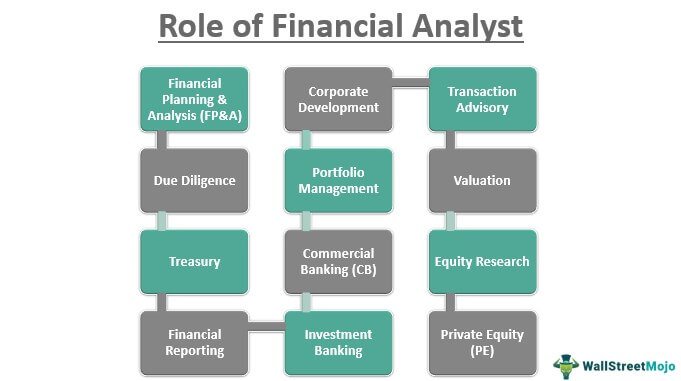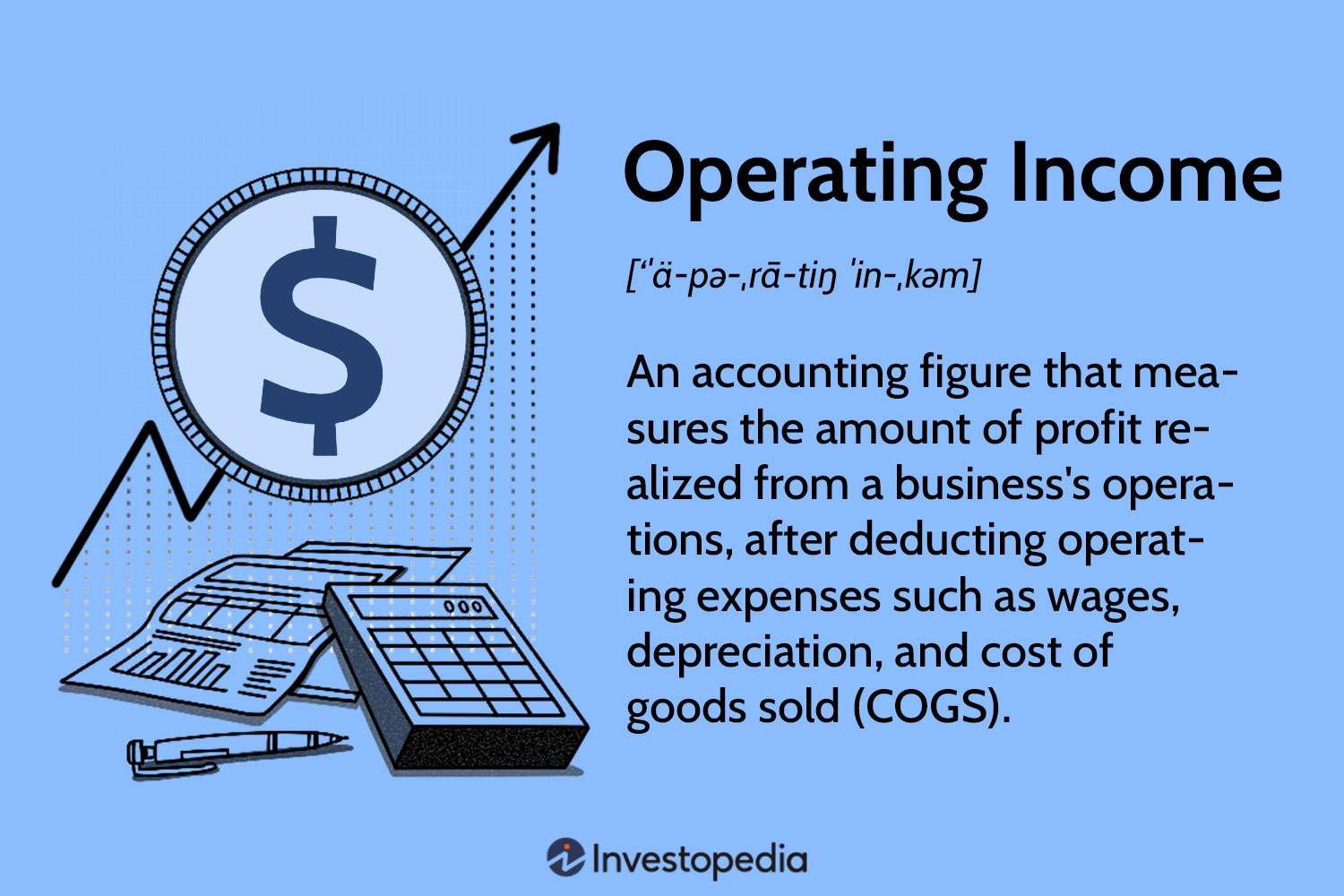Have you ever wondered why saving money is so challenging? The psychology behind saving money can provide some intriguing insights into our behaviors and mindset when it comes to financial planning. In this article, we’ll explore the underlying cognitive and emotional factors that influence our saving habits. By understanding the psychology behind saving money, you’ll gain valuable knowledge and practical strategies to help you achieve your financial goals. So, let’s delve into the fascinating world of the psychology behind saving money and unlock the secrets to building a secure financial future.
The Psychology Behind Saving Money
Saving money is not just about being frugal or disciplined with your finances. There is a deeper psychology behind saving money that plays a significant role in our behaviors and decision-making. Understanding the psychological factors that influence our saving habits can help us develop healthier financial habits and achieve our long-term financial goals. In this article, we will delve into the psychology behind saving money and explore the various aspects that influence our saving behaviors.
The Role of Delayed Gratification
One of the key psychological factors that impact our ability to save money is the concept of delayed gratification. Delayed gratification refers to the ability to resist the temptation of immediate rewards in favor of larger, more significant rewards in the future. It requires self-control and the ability to prioritize long-term goals over short-term desires.
Studies have shown that individuals who can delay gratification tend to have better financial outcomes in the long run. This ability to resist impulsive spending and prioritize saving for the future is crucial for building wealth and financial security. So, how can we cultivate delayed gratification and harness its power to save money?
- Practice self-control: Building self-control is a skill that can be developed over time. Start small by setting small goals and gradually increase the level of self-control required. For example, challenge yourself not to indulge in unnecessary purchases for a week, and gradually extend the timeframe.
- Reward yourself: It’s important to celebrate small victories along the way. When you successfully resist the temptation to make an impulsive purchase, reward yourself with a small treat or something that brings you joy. This positive reinforcement will help reinforce the behavior of delayed gratification.
- Visualize your goals: Create a clear vision of your long-term financial goals. Visualize the rewards and benefits you will experience by sticking to your saving plan. This visualization technique can help strengthen your resolve to delay gratification and stay committed to your saving goals.
Behavioral Economics and Saving Money
Behavioral economics is a field that combines psychology and economics to understand how individuals make financial decisions. It studies the biases, cognitive processes, and social influences that affect our financial behaviors. When it comes to saving money, behavioral economics highlights several key insights that can help us make smarter financial choices.
Anchoring Effect
The anchoring effect refers to our tendency to rely heavily on the first piece of information we receive when making decisions. In the context of saving money, this can influence our perception of what is considered a reasonable amount to save. For example, if someone suggests that saving 10% of your income is a good practice, you are likely to anchor your savings goal around that percentage.
To overcome the anchoring effect and save more effectively, it’s essential to challenge the initial anchor and consider alternative perspectives. Take the time to evaluate your financial situation and set savings goals based on your individual circumstances, rather than solely relying on external benchmarks.
Status Quo Bias
The status quo bias refers to our tendency to prefer maintaining the current state of affairs rather than making changes. This bias can hinder our ability to save money as we may resist altering our spending habits or exploring new saving opportunities.
To overcome the status quo bias, it’s important to actively seek ways to improve your financial situation and challenge the existing norms. Look for ways to reduce expenses, explore alternative financial products with better interest rates, and be open to adopting new saving strategies. By embracing change, you can break free from the status quo and make significant progress in saving money.
Peer Influence
The influence of peers and social circles can significantly impact our saving behaviors. We tend to align our spending habits and financial choices with those around us. If our peers have a tendency to spend recklessly or indulge in luxury items, we may feel the pressure to do the same, even if it goes against our saving goals.
To mitigate the negative influence of peers and promote positive saving behaviors, surround yourself with individuals who share similar financial values and goals. Join online communities or forums dedicated to personal finance and saving money. Engage in discussions and seek support from like-minded individuals who can provide encouragement and share effective saving strategies.
The Power of Automating Savings
Automating your savings is a psychological mechanism that can significantly enhance your ability to save money consistently. By setting up automatic transfers from your checking account to a designated savings account, you remove the need for active decision-making and rely on the power of habit.
Mental Accounting
Mental accounting is a psychological concept where individuals categorize their money into different accounts or buckets based on various criteria. This mental categorization can influence our spending and saving decisions. By automating savings, you create a separate mental account dedicated to saving, making it easier to prioritize saving before spending.
Default Bias
Default bias refers to our tendency to stick with the default option presented to us. In the context of saving, if the default setting is to have a portion of your income automatically diverted to a savings account, you are more likely to stick with that option rather than actively opting out.
Take advantage of default bias by setting up automatic transfers to your savings account. This eliminates the need for active decision-making every time you receive your income, reducing the temptation to spend impulsively.
Overcoming Psychological Barriers to Saving
Saving money is not always easy, and we often encounter psychological barriers that hinder our progress. By understanding these barriers, we can develop strategies to overcome them and achieve our saving goals.
Fear and Anxiety
Fear and anxiety about the future can lead to a scarcity mindset, where individuals feel the need to spend everything they have to ensure immediate comfort. This fear-based approach can prevent us from prioritizing saving and planning for the long term.
To overcome fear and anxiety, it’s important to reframe your mindset and focus on building a sense of financial security. Start by setting achievable saving goals and create a financial plan that addresses potential risks and uncertainties. By taking proactive steps to secure your financial future, you can alleviate fear and anxiety and develop a healthier saving mindset.
Instant Gratification
The allure of instant gratification is a significant barrier to saving money. We live in a society that encourages immediate rewards and instant satisfaction. This mindset can undermine our ability to prioritize long-term goals and save for the future.
Combat instant gratification by finding alternative sources of pleasure and fulfillment that do not require excessive spending. Engage in activities that bring you joy and happiness without draining your financial resources. By shifting your focus away from immediate pleasures, you can redirect your resources towards long-term financial security.
Perceived Lack of Resources
A common psychological barrier to saving money is the perception of a lack of resources. We often believe that we don’t earn enough or that our expenses are too high to save effectively.
To overcome this barrier, it’s crucial to reevaluate your spending habits and identify areas where you can cut back. Conduct a thorough analysis of your expenses and seek opportunities to reduce unnecessary costs. Small changes, such as packing your lunch instead of eating out, can add up to significant savings over time.
In conclusion, the psychology behind saving money is complex and multifaceted. By understanding the underlying factors that influence our saving behaviors, we can develop strategies to overcome psychological barriers and cultivate healthy saving habits. From practicing delayed gratification and leveraging behavioral economics principles to automating savings and overcoming psychological barriers, there are numerous ways to harness the psychology behind saving money and achieve long-term financial stability. Start exploring these strategies today and take control of your financial future.
The Psychology of Spending Money | Mind Over Money | ENDEVR Documentary
Frequently Asked Questions
Frequently Asked Questions (FAQs)
What is the psychology behind saving money?
The psychology behind saving money refers to the mental and emotional factors that influence our behavior and decisions related to saving money. It involves understanding why we save, the motivations behind saving, and the cognitive processes involved in making saving choices.
How does our mindset affect saving money?
Our mindset plays a crucial role in saving money. A positive mindset helps us develop good saving habits, resist impulsive spending, and prioritize long-term financial goals. On the other hand, a negative mindset may lead to overspending, poor financial choices, and difficulty in building savings.
What are some common psychological barriers to saving money?
Some common psychological barriers to saving money include instant gratification, fear of missing out (FOMO), social pressure to spend, and the belief that saving is restrictive or not enjoyable. Overcoming these barriers involves creating a mindset shift, setting clear goals, and practicing delayed gratification.
How does behavioral economics influence saving habits?
Behavioral economics studies how psychological and cognitive factors affect economic decisions. It provides insights into why people may struggle with saving money and offers strategies to encourage better saving habits, such as implementing automatic savings, using visual cues, and framing savings goals in a more appealing way.
What role does self-control play in saving money?
Self-control is a crucial aspect of saving money. It involves resisting short-term temptations and making decisions that align with long-term financial goals. Developing self-control takes practice and can be strengthened through strategies like creating a budget, tracking expenses, and avoiding triggers for impulsive spending.
Is there a link between emotions and saving money?
Emotions can strongly influence our saving habits. For example, stress or anxiety may lead to impulsive spending as a way to cope, while a sense of financial security can provide motivation to save. Understanding emotional triggers and finding healthier coping mechanisms can support more consistent saving behavior.
How can our social environment impact saving money?
Our social environment can significantly impact our saving habits. If we are surrounded by friends or family members who encourage excessive spending or engage in conspicuous consumption, it can be challenging to prioritize saving. Building a supportive network and seeking out like-minded individuals who value saving can help overcome this challenge.
What are some effective strategies for saving money based on psychology?
Some effective strategies for saving money based on psychology include setting specific and achievable goals, practicing visualization and affirmations to stay motivated, automating savings to remove the need for constant decision-making, and celebrating small milestones to reinforce positive saving habits.
Final Thoughts
Understanding the psychology behind saving money is crucial for developing effective financial habits. It involves recognizing the impact of emotions on our spending behaviors and learning to manage them. By becoming aware of our impulsive tendencies and practicing self-control, we can resist the temptation to make unnecessary purchases. Furthermore, setting specific savings goals and visualizing the future benefits can provide motivation and reinforce positive money-saving habits. Ultimately, mastering the psychology behind saving money empowers individuals to take control of their finances and build a secure future.



